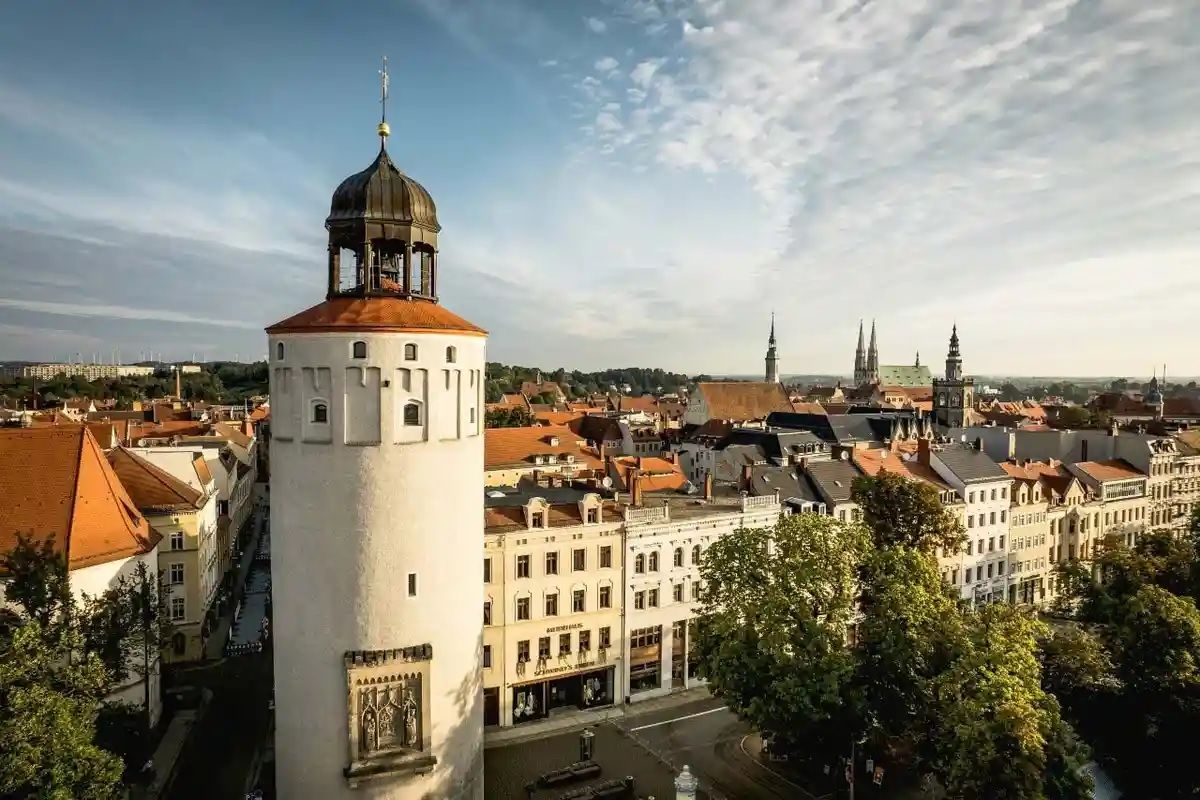Where is the highest and lowest cost of living in Germany? To prepare the report, the German Economic Institute (IW), in collaboration with the Federal Institute for Research on Building, Urban Affairs, and Spatial Development (BBSR), compiled an index of prices, including housing and living expenses such as rent, electricity, gas, and groceries.
Where is the highest and lowest cost of living in Germany
"Life should remain affordable, regardless of the place of residence in Germany", said IW researcher Christoph Schroeder.
However, the study results show that residents in many regions of the country are struggling with rising expenses.
Overall, the cost of living in eastern Germany, excluding Berlin and its surroundings, remains significantly cheaper than the national average.
"Despite the fact that incomes in eastern Germany are sometimes lower, residents of these regions have a cost-of-living advantage compared to many major cities in western Germany", the report states.
Each city and locality was assigned a cost-of-living rating, with a value of 100 corresponding to the German average.
Vogtland - the place with the lowest cost of living in Germany
According to the study results, the idyllic, agriculturally rich southwest of Saxony, known as Vogtland (index 90), is the most affordable place to live in Germany. Housing costs here are approximately 32% cheaper than the German average, while other expenses are lowest by 0.3%.
Graitz and Görlitz
The second and third cheapest places are the quaint town of Graitz (90.5) in Thuringia and the charming city of Görlitz (90.6) in Saxony, often referred to as "Görliwood" due to the many Hollywood productions held there.

The cheapest western German district is Pirmasens (90.7) in Rhineland-Palatinate, located on the border with France.
Braunschweig and the Neumarkt-in-der-Oberpfalz district in Bavaria precisely match the national average.
The most expensive places to live in Germany
The most expensive places to live, unsurprisingly, are Munich (125), the suburbs around Munich (117), Frankfurt (116), and Stuttgart (115).
According to the study, the highest costs are incurred in large suburbs and adjacent areas, especially in popular residential zones, such as the outskirts of the Alps or Lake Constance.
How to reduce the cost of living in Germany?
Despite useful subsidies for low-income families, such as Wohngeld (housing allowance), the study results "show that Germany's regional policy still has homework to do," according to the researchers.
They called for improvements in infrastructure in areas adjacent to major cities—whether it be better internet connectivity or public transportation—to make these areas more attractive.
They also advocated for simplifying the notoriously complex building regulations and rules to address the growing housing crisis in Germany.
"To build more and cheaper houses where it is needed... new construction must become easier, and this requires streamlining bureaucracy and building regulations", they wrote.
For the study, scientists used around 24 million data points, including data from online portals such as Rewe.de and Verivox.de.
They were weighted based on the average consumption level—based on the Federal Statistical Office's consumer basket—and consolidated into a regional price index.
To calculate living costs, all available data on requested rent were collected and recalculated into existing rent using a model.
Related topics:
In light of these findings, promoting affordable living across Germany is crucial.
Integrating strategies to improve infrastructure and simplify building regulations in less expensive regions could enhance their appeal, potentially improving life in Germany for those with lower incomes.








